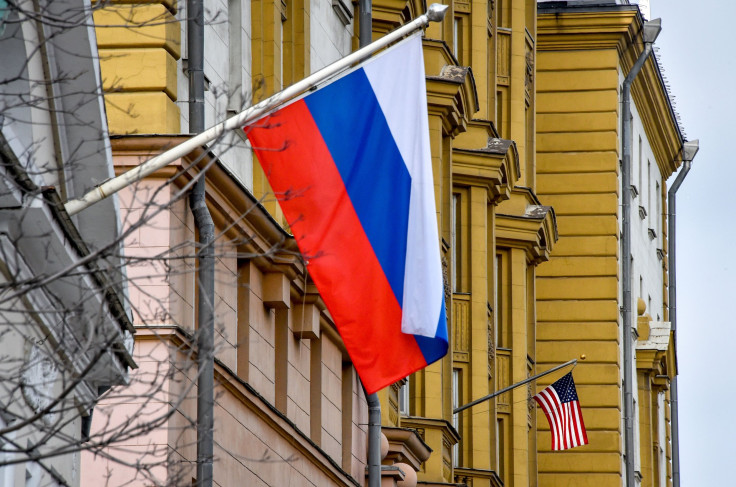US - Russia Relations: Pentagon To Test New Missiles After US Pulls Out Of Nuclear Treaty

The Department of Defense will soon begin testing new missiles after the White House on Friday chose to pull out of the Intermediate-Range Nuclear Forces (INF) Treaty with Russia. The tests will take place in a few weeks.
The U.S. gave notice that it was going to pull out of the treaty six months ago, with government officials saying that Russia frequently violates the agreement.
The seminal Cold War Era agreement was signed in 1987 between Ronald Reagan and Mikhail Gorbachev, prohibiting ground-launched missiles that have a range of 310 to 3,400 miles.
The U.S. and Russia have traded barbs on who exactly is responsible for the treaty's collapse.
"Russia is solely responsible for the treaty's demise," Secretary of State Mike Pompeo said Friday. The U.S. has accused Russia of violating the deal by deploying 9M729 missiles.
"It's been true now for two administrations, that Russia has been the one not in compliance with the treaty, not the United States," Secretary of Defense Mark Esper said.
The Kremlin quickly responded to the U.S.
"Washington has committed a grave mistake," the Russian Foreign Ministry tweeted on Friday. "The cause is however clear: the U.S. wanted to free itself from the existing restrictions."
Some analysts worry that the decision will set off a new U.S.-Russia arms race.
"The President's decision will increase tensions between the United States and Russia and open the door to a competition in conventionally armed missiles that will undermine stability," David Wright, co-director of the Global Security Program at the Union of Concerned Scientists told USA Today.
The INF treaty might not be the only weapons agreement at risk between the U.S. and Russia.
At an economic conference in June, Russian President Vladimir Putin said the New START nuclear arms reduction treaty negotiated in 2010 could also collapse.
"If no one feels like extending the agreement - New START - well, we won't do it then," Putin said.
The accord expires in 2021 and limits both the U.S. and Russia to 1,550 nuclear warheads, and 700 deployed missiles and bombers.
While Democrats and pundits have criticized Trump's perceived soft stance on Russia, his administration has continued sanctions on Russian for its 2014 annexation of Crimea and the poisoning of double agent Sergei Skripal.
© Copyright IBTimes 2024. All rights reserved.




















